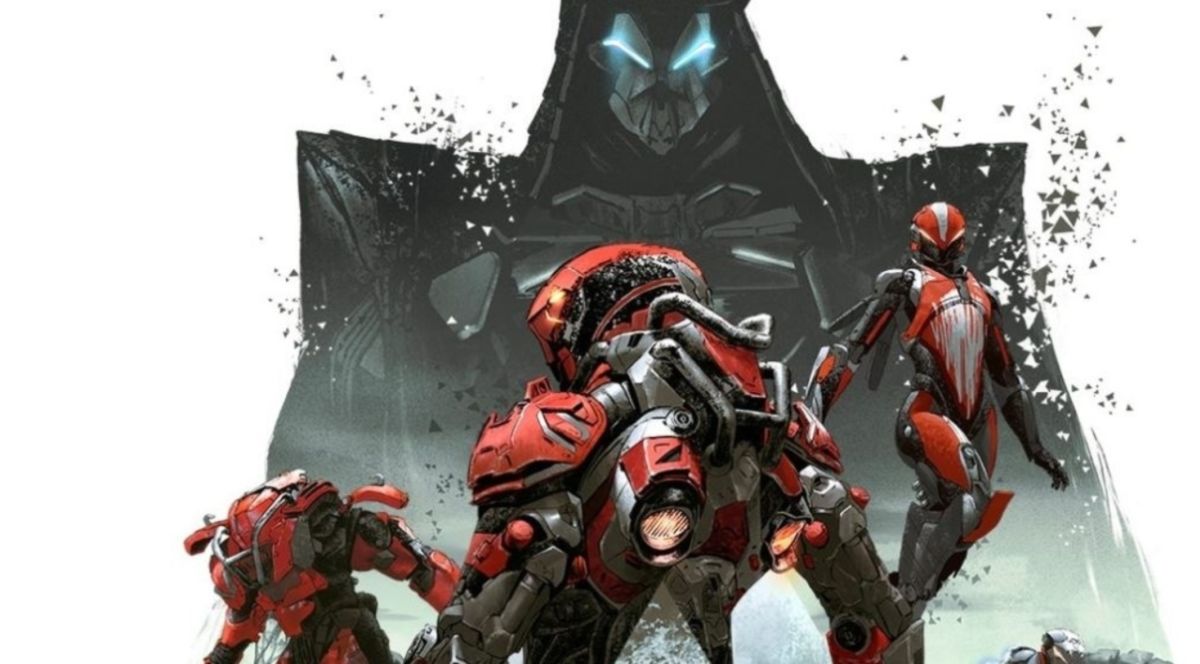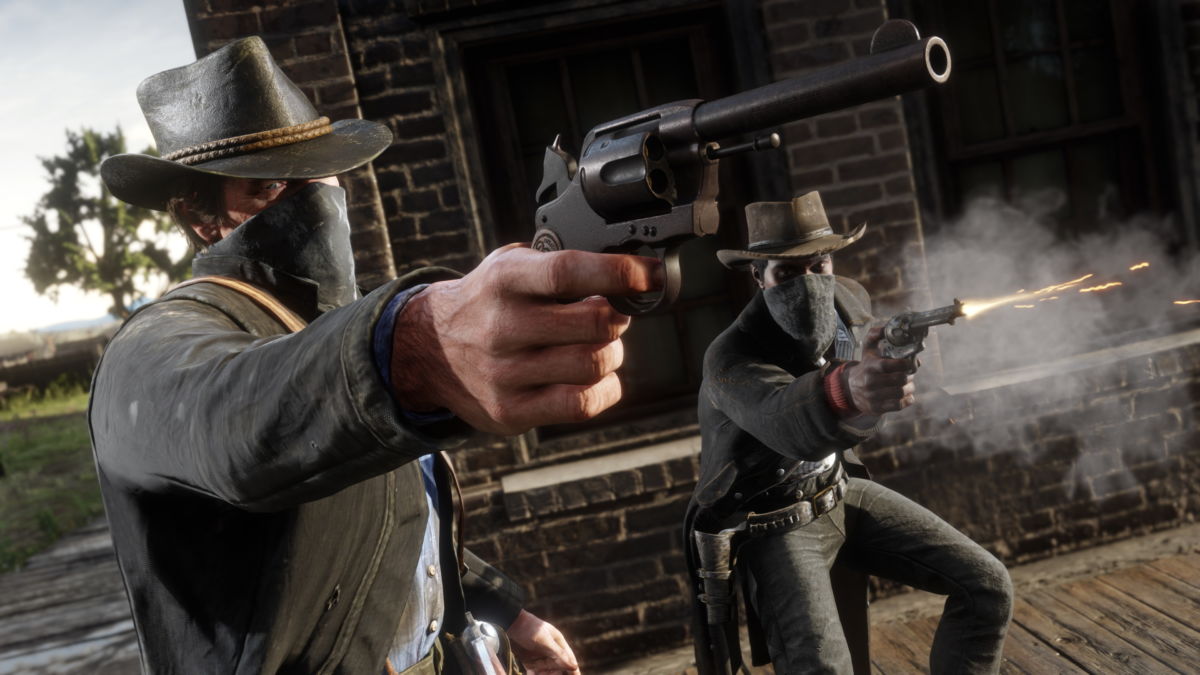Another year, another huge slate of video game releases. 2020 looks like it’s going to be one hell of a year, as we gear up for the last hurrah of this generation before we move on to pastures new. As always, there’s an air of excitement that comes from looking at the next 12 months and picking out the must-plays that are sure to eat-up our attention for hours on end. That being said, for a large portion of gamers, a new year of releases also comes with an underlying feeling of dread – the dread of having to find the time to actually play them.
I am one of these gamers. The prospect of jumping into Cyberpunk 2077 and Marvel’s Avengers in back-to-back months, along with the ominous pile of unfinished games gawking at me while I binge The Witcher series, leaves me just as deflated as it does eager. The harsh reality is, I know I won’t see the end of the vast majority of my purchases in 2020 – I simply don’t have time. And I’m far from alone.
Whether you realise it or not, the average gamer is getting older. In fact, according to numbers posted by the Entertainment Software Association in 2019, they’re around 34 years old. The excited kid who spent an entire week looking for skulls in Halo 3 has grown up, got a job and found responsibilities. As much as they wish it was, Monster Energy and Dorito fuelled all-day sessions just aren’t as possible as they used to be. Real life just gets in the way. And yet, as our spare time dwindles away, games are becoming bigger and more all-encompassing than ever before.
Both the ever-growing scope of open-world titles the likes of CD Projekt Red offer and the emergence of the Destiny-esque live-service trend mean that the chances of really finishing a game are harder than ever. So much so that one particular full-time student who stacks shelves on the side and has a budding writing career only rolled the credits on two games in 2019 – Jedi: Fallen Order and Observation.
Beating a game feels impossible because the modern AAA industry doesn’t design its experiences to be picked at in the brief downtime you might have at the end of a night. Instead, they demand hours upon hours of commitment just to make a dent. According to a 2019 study, the average gamer spends around seven hours a week playing games; with the average play session lasting just one hour 22 minutes. For my money, Red Dead Redemption 2 is one of the best games of the generation, but I truly pity anybody who tried to get anywhere in that world by putting in a couple of hours at a time – you could spend an entire day wandering around a forest trying to find one legendary bear, only for it to maul you instantly. But, in all-fairness, that bear was a dick.
Animal trauma aside, you’re probably thinking to yourself; “What’s the rush? Just beat it in your own time”. The problem is that people naturally yearn to be part of the conversation. Our wonderful community is abuzz with hot-takes and discussion in the weeks after a big release, but it moves on quickly to the next thing. It leaves a lot of players feeling like they’re out of the loop. Like everyone else is watching Netflix – while they’re still using a VHS. If you’re someone like me who gets a lot of joy from sharing thoughts and opinions with fellow players, it can be incredibly unmotivating to feel like you’re being left behind.
Even if by some miracle you do make a serious dent in a game, chances are you’ll have to take a break from the action at some point; things get busy at work, you have an exam coming up, your children need looking after – that’s what happens in adult life. What greets you when you return are controls that are suddenly unintuitive and a story full of characters that you barely remember. As hard as you try to pick up the narrative trail again and remember how to time a perfect parry, you’re never quite as immersed as you once were – doomed to either start again or put it down for good.
The live-service genre in particular is a growing fad that seemingly has no concept of the time constraints that affect typical people. Each one that rolls-out wants to be the only game you ever play; bombarding players with daily and weekly challenges just to stay relevant within its own community. How are you supposed to keep up with the trends of the industry when you can’t even keep up with one game? As more and more of these kinds of models appear on the market, those without the means to commit dozens of hours a week into a single title are being pushed ever further to the fringes.
And yet, amongst the growing pile of unfinished games collecting dust in the homes of gamers everywhere, there are the ones that we did see the end of. The ones that respected our time. The ones that our teenage selves would scoff at the thought of dropping our hard-earned pocket money on. I’m talking about the no-frills single player narratives. The Sayonara Wild Hearts of the world; an hour long story that can be beaten in one sitting, but still packs as much punch as any hundred-plus hour behemoth.

As much as the massive open worlds seem to get the headlines for being the absolute best our medium has to offer, it’s more compact and linear experiences that are appealing to the modern gamer. Just look at the likes of Journey and What Remains of Edith Finch, games that have found great success by not overstaying their welcome and allowing players to see them to completion.
It’s reaching a point where games I know I would love go unplayed, purely because I know I can’t meet their demands. That’s a sad place to be in; especially in a medium that I adore so much, with so many interesting things happening all the time.
It’s important that publishers know the player-base they are producing for. The occasional longer, sprawling story to get lost in can certainly hit the spot, as some of my personal favourites are exactly that, but the market is overrun and it’s missing the point. The average player isn’t a teenager anymore, with all the hours in the world to kill. They’re a real adult who has precious little time and needs something immediately gratifying to feel like they’re spending it wisely. They’re the lifeblood of the gaming industry and it’s high-time publishers acknowledge the facts – the gamers have grown up.
Some of the coverage you find on Cultured Vultures contains affiliate links, which provide us with small commissions based on purchases made from visiting our site. We cover gaming news, movie reviews, wrestling and much more.





